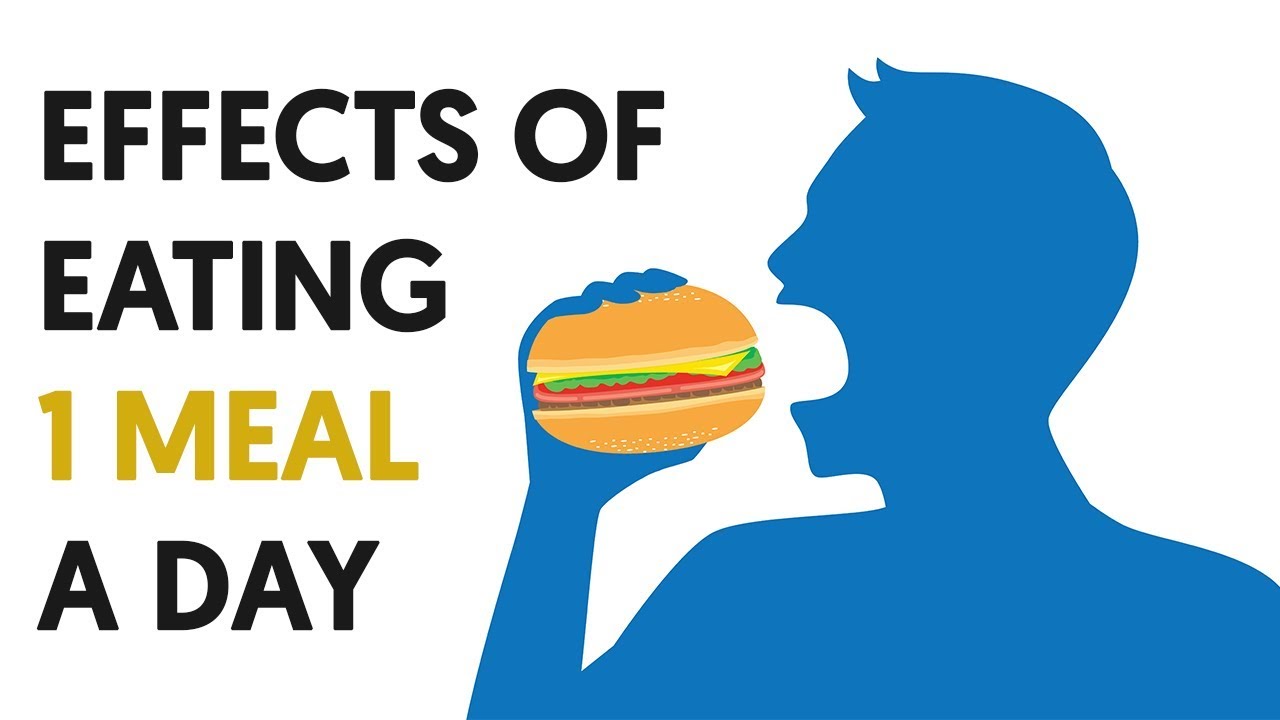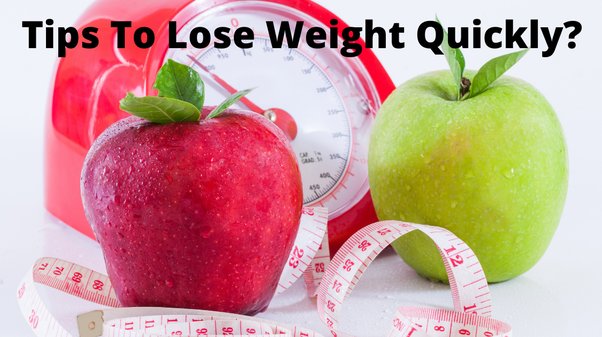
You have two options: High-intensity and moderate-intensity cardio. You should be aware of the different types of cardio exercises that can be used to lose weight. This article will cover the advantages and disadvantages of each type of cardio. Walking is a great cardio option. Walking has many advantages over other cardio exercise options, and you can even do some exercise in the same spot.
High-intensity cardio
Variating the intensity of your exercise is key to weight loss with high-intensity cardio. This allows you to burn more calories as well as fat per unit time. You will lose around 100 calories per hour if you exercise at a moderate intensity. If you exercise at high intensity, however, you'll burn approximately 200 calories. But, different techniques may work for different people. A variety of exercises can improve different body types. For this reason, it is advisable to try different workout types.
Cardio with high intensity is great for building endurance and stamina, as well as weight loss. The more intense the cardio, the more calories you'll burn and the closer you are to your calorie deficit. This will help you to strengthen your heart and lungs. These are vital components of your overall health. To maximize your results, you should include cardio exercises in your daily life. And if you want to get the best results, you should combine high-intensity and low-intensity cardio to find the right balance for you.

Low-intensity cardio
Low-intensity cardio for weight-loss benefits include increased cardiovascular health, boosted metabolism, and protection from several ailments. Low-impact workouts are less taxing on joints and can be more beneficial for people who have weak or injured joints. A typical low-intensity workout involves walking, biking, and swimming. While there's not a direct connection between high-intensity cardio and low-intensity exercise, any kind of low-impact activity is beneficial for weight reduction.
Study comparing low-intensity cardio with fasting. Participants had to fast overnight or consume a meal replacement shake before they could do low-intensity cardio. The subjects also followed a caloric deficit diet. Both groups saw similar weight loss. The study revealed that both groups lost similar amounts of weight.
Cardio of moderate intensity
You know that high-intensity cardio will help you lose weight. What is moderate-intensity cardio, you ask? Medium-intensity cardiovascular is more manageable than high-intensity cardio. It is performed at speeds of up to 80% of maximum heart rate. Your body will burn more calories in this type of workout than it does with carbs.
It all depends on your fitness level and personal preferences. High-intensity cardio is more challenging, but it may help you lose weight faster. A low-intensity routine is recommended for those who have trouble losing weight with moderate-intensity cardio. High-intensity workouts are more beneficial for your joints than moderate-intensity. You will also notice a shift in your body's ability to burn fat if you do these workouts for at least an hour.

Walking
Walking is a good cardio form for weight loss. Walking does not affect muscle gain which is important for those trying to lose weight. Walking takes very little recovery time. You can walk for hours, burn calories, and still keep your weight in check. What's the best part? It's free! These tips will help you make the most of your walking sessions. These are some ways to quickly lose weight safely and effectively. Find a regular routine and stick with it.
Your cardiovascular endurance should be a top priority. Cardiovascular endurance is essential for weight loss and is directly related to your fitness level. Your heart rate will determine how many calories you burn. To determine your maximum heartbeat, subtract your age (from 220) and multiply this number by 0.6. A 30-year-old would have a maximum heart beat of 190 beats/minute, while walking at 60 percent intensity would take 114 beats/minute.
FAQ
How long does weight loss take?
It takes time to lose weight. It usually takes six to eight months to lose 10%.
It's important to remember that you shouldn't expect to lose weight overnight. Your body will need time to adapt to new dietary changes.
This means you need to gradually alter your diet over several weeks or days.
Fad diets don't work and you should get off them. Instead, focus on improving your daily routine.
You should stop eating unhealthy snacks late at nights, for example.
You should eat healthier meals in the morning. This will help you avoid snacking at night.
Water is essential for your body. Water helps to keep your body hydrated and prevents dehydration. Dehydration causes you to feel fatigued and slow.
A lot of water throughout the day is a great way to stay energized.
Doing things that are relaxing can help you reduce stress. For instance, you could spend some quality time with loved ones.
You could also read books, watch movies or listen to music.
These activities will help to relax and unwind from stressful situations. They can also help improve your moods and self-esteem.
If you want to lose weight, consider your health first.
Your physical health is a sign of your overall health. Regular exercise and proper nutrition are key to getting fit.
Are there side effects to intermittent fasting
Intermittent fasting is safe and has no side effects. But, it is possible to experience minor side effects if you plan poorly.
You might feel irritable if you skip breakfast. It is possible to experience headaches and muscle cramps.
These symptoms are usually gone within a few days.
Can I eat fruits when I am intermittently fasting?
Fruits are great for your health. They are rich in vitamins, minerals and fiber. However, they do contain sugar which can cause blood glucose levels spike. This can lead to insulin resistance and weight gain. If you are looking to lose weight through an IF diet you need to choose low glycemic-index fruits such as oranges, pears, berries and melons.
Statistics
- It's estimated that half of all American adults attempt to lose weight every year (1Trusted (healthline.com)
- According to a study sponsored by the American Council on Exercise, a person weighing around 140 pounds (64 kg) would burn 108 calories at a 30-minute beginner's Pilates class or 168 calories at an advanced class of the same duration (26). (healthline.com)
- A 12-week study in 20 women with obesity found that walking for 50–70 minutes 3 times per week reduced body fat and waist circumference by an average of 1.5% and 1.1 inches (2.8 cm), respectively (healthline.com)
- One 6-month study showed that simply doing 11 minutes of strength-based exercises 3 times per week resulted in a 7.4% increase in metabolic rate, on average. (healthline.com)
External Links
How To
How to Intermittent Fasting
Intermittent eating is a way to lose weight that you only have one day of the week. It's usually Monday through Thursday. The idea behind this is to reduce your overall calorie intake while still getting adequate nutrition. This will allow you to burn fat more quickly than eating regular meals throughout the week.
The most popular form of IF is to limit calories to certain days. This means you could skip breakfast every morning and still eat what you want the rest of the week. You could also choose to eat three small meals daily rather than two large ones.
You can choose from many different types of intermittent fasting such as alternate day fasting (alternative day fasting), 5/2 fasts (8/4 fasts), 16/8 fasts, and so on. Each type of intermittent fasting has its pros and cons. Alternate day fasting is the easiest way to start out because you don't have to make any major changes to your lifestyle. Some people may find it difficult to adhere to such a strict schedule, so they might try other methods.
I recommend alternate-day fasting if you're starting an intermittent fasting regimen. This will allow your lifestyle to be gradually altered while you transition into more extreme fasting.